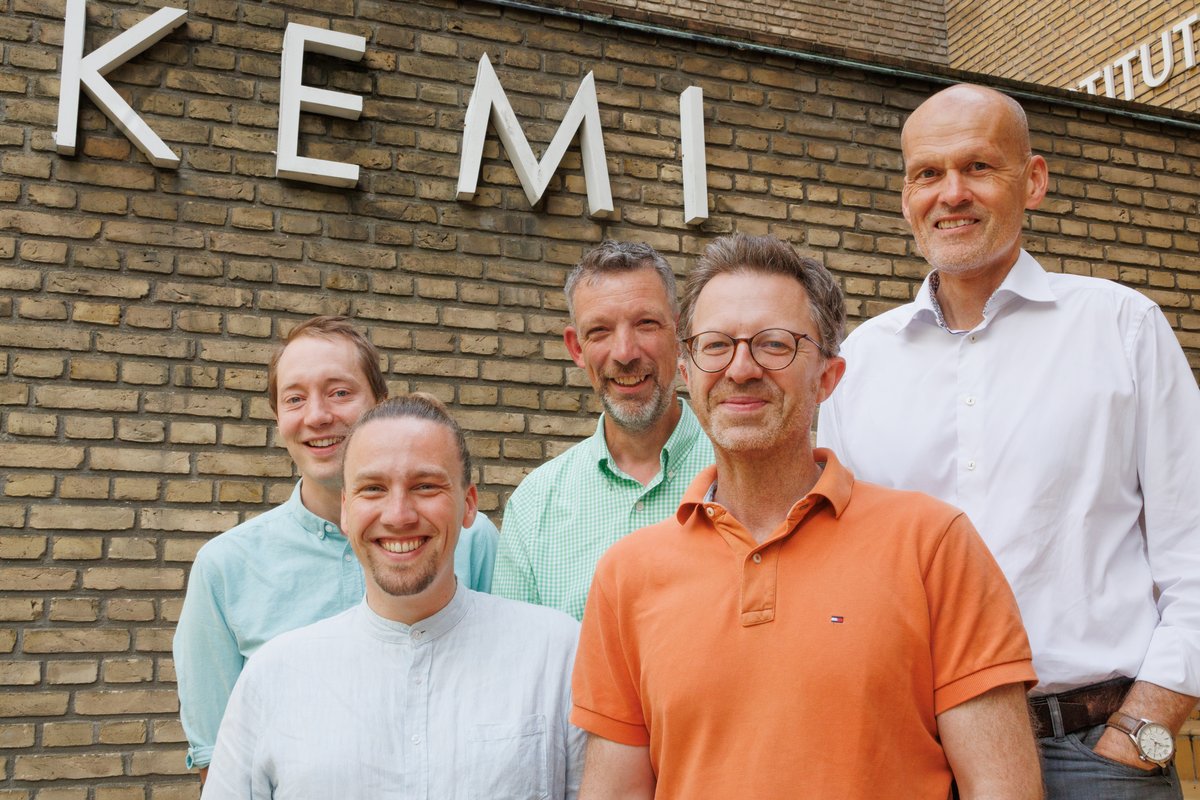
The new substance is called PH1154. And the new spinout company from Aarhus University is called Kripthonite Therapeutics.
It is no coincidence that the company name brings Kryptonite to mind; the fictional mineral that can weaken Superman, but is otherwise harmless for all other life on Earth (at least in its original, green form).
However, in this case the roles are reversed.
While Kryptonite only harms the super-hero, PH1154 only harms the villains; i.e. cells that live in extremely low-oxygen (hypoxic) environments. In our bodies, such environments are only found within solid cancer tumours.
May solve a well-known problem
The new substance may turn out to be the solution to a problem that medical science has been struggling with for a long time. Hypoxic cancer cells play a major role in spreading cancer to other parts of the body (metastases), but they are hard to destroy with the traditional treatments such as radiotherapy and chemotherapy. Both treatments require such large doses that they are dangerous for the patient. Radiation and chemotherapy do not distinguish between healthy and sick cells.
Neither does PH1154, but it does target cells by their oxygen content. PH1154 only attacks cells where there is a very low oxygen level, in other words inside cancer tumours, where it effectively targets the hypoxic cancer cells' mitochondria and causes them to commit suicide.
The substance is harmless to all the other cells in the body, which are not hypoxic. This also means that PH1154 doesn’t attack cancer cells that are not hypoxic. On the other hand, it is possible strike at these with radiotherapy or chemotherapy.
... in combination with radiotherapy
Therefore, PH1154 is for patients who are undergoing radiotherapy.
"This combination has a surprisingly good effect. Radiotherapy in itself doesn’t work equally well for everyone, but PH1154 makes the effect much greater. Our research shows that a combination of PH1154 and radiotherapy kills hypoxic cancer cells and increases the chances that the cancer will not return. At least on mice. The American company which completed the animal experiments was very impressed," says Kristian Mark Jacobsen, who until last year was a postdoc at the Department of Chemistry at Aarhus University. Now he is the CSO and co-founder of Kripthonite Therapeutics.
The next step is to attract investors for the development work to make the method ready for clinical trials, and then clinical treatment.
Initially, the company will focus on head-neck cancer, which is a collective term for a well-defined group of cancers. It is the seventh-most common type of cancer, and the number of patients is increasing. Globally, more than 660,000 new cases are recorded every year, and more than 325,000 deaths. Most patients are treated using radiotherapy, and the cancer returns in up to half of them. In more than half of the cases where the cancer returns, it is in the original tumour.
"In the long term, our goal is to produce the substance as a pill," says Per Hjerrild, who is a co-founder of the spinout company and was a postdoc the same site as Kristian Mark Jacobsen last year.
Marigold Innovation in a three year lead-in
Another co-owner is Marigold Innovation, which helps university researchers transform their good ideas into commercially successful companies.
Marigold Innovation worked with the researchers for three years before establishing the company with them. A significant part of the collaboration was Aarhus University's Technology Transfer Office (TTO), which exchanges knowledge and inventions between the university, the Central Denmark Region and the rest of society.
Aarhus University owns the patent for PH1154, and the spinout company has to pay a licence fee to use it. Similarly, the university will receive royalties when, or if, the product comes onto the market. Another and probably equally significant gain for the university (and society) is that research into new weapons against hypoxic cancer cells will be further strengthened. This will take place in a research collaboration between the spinout company and Thomas Poulsen's laboratory at the Department of Chemistry, where the basic research was carried out. Thomas Poulsen is one of the founders of the company, but continues as professor and full-time head of the laboratory.
"It was a long, but useful, lead-in phase. We’ve had an extremely fruitful collaboration with the TTO, and we couldn’t have done it this way without them. And we see it as a clear advantage for us that the spinout company and the university start a research collaboration," says Peter Horn Møller, founder and board member of Marigold Innovation.